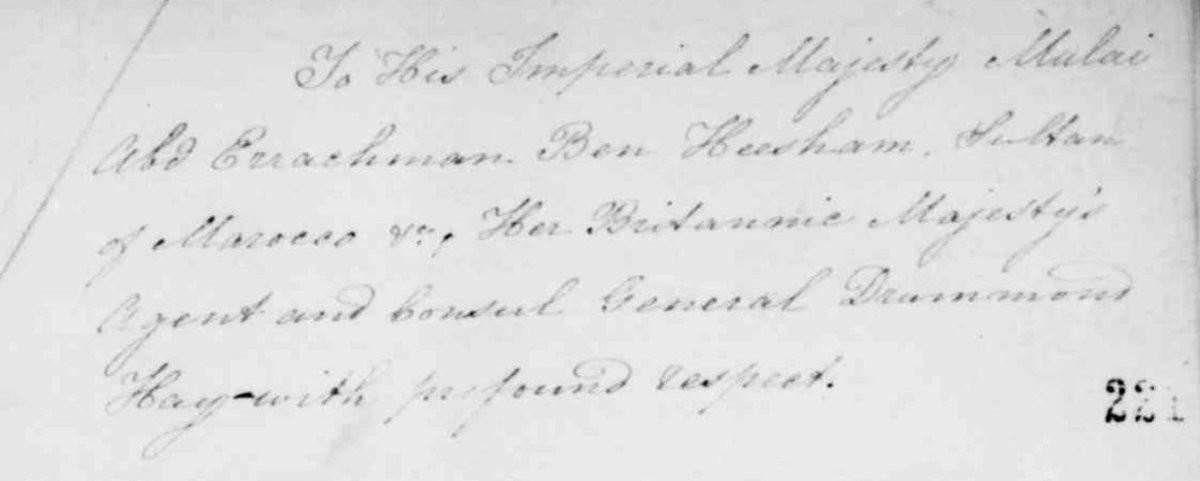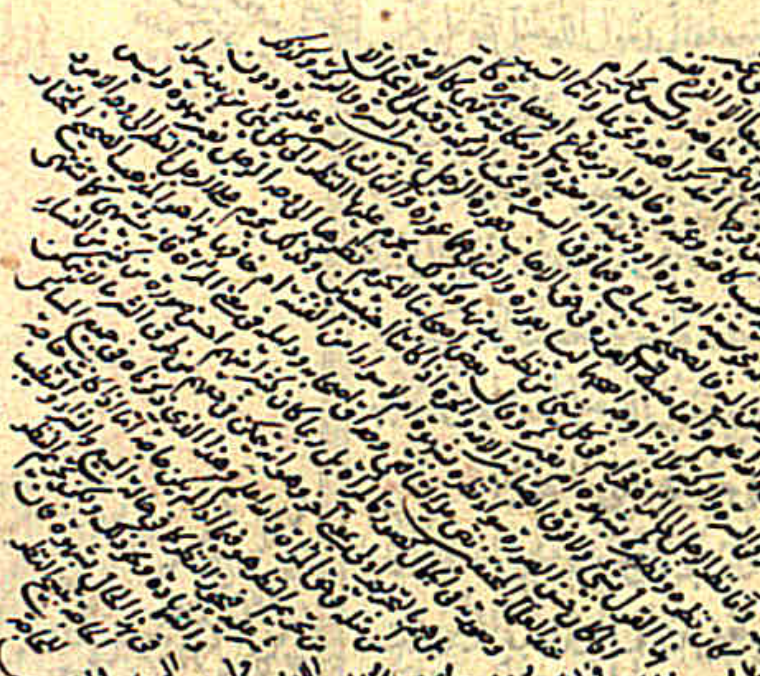
An Indian Fatwā on Freemasonry
A question was posed to Alahazrat Imām Aĥmad Riđā Khān al-Ĥanafī [1272–1340 AH / 1856–1921 CE] dated 26 Rabīý al-Ākhir Sharīf 1338 AH, which corresponds to 18 January 1920 CE.
A question was posed to Alahazrat Imām Aĥmad Riđā Khān al-Ĥanafī [1272–1340 AH / 1856–1921 CE] dated 26 Rabīý al-Ākhir Sharīf 1338 AH, which corresponds to 18 January 1920 CE.
https://twitter.com/rashrashii/status/1379299755147161601

The question was sent from Gondal, Kathiawar by one Qāđī Qāsim Miyāñ Sāhib and read as follows:
“What do the scholars of the dīn regarding this issue, that what is Freemasonry, and what is the ruling regarding those who enter it? Make clear and be rewarded.”
“What do the scholars of the dīn regarding this issue, that what is Freemasonry, and what is the ruling regarding those who enter it? Make clear and be rewarded.”

The reply to this by the Imām was:
“Freemasonry is magic [sihr], and to the extent I was able to find out, it has been formed in order to take away belief in the Prophets, upon them be blessings and peace, for this reason they only accept a Muslim or a person of the Book,

“Freemasonry is magic [sihr], and to the extent I was able to find out, it has been formed in order to take away belief in the Prophets, upon them be blessings and peace, for this reason they only accept a Muslim or a person of the Book,


Allāh's refuge is sought. The one who becomes used to its influence, the one who was upon his religion previously becomes upright externally however internally he rejects all Prophets, upon them be blessings and peace, he becomes an open example of,
‘We appoint a shaytān upon him, who stays with him.’ One shaytān openly remains with him, whom he sees and converses with, and he remains as a preventer at all times from him revealing this secret. This is the reason that if a Freemason passes through one corner of a city,
then another who is in the other corner of the city is innformed of it; the shaytān of one informs the shaytān of the other, and Allāh táālā knows best.”
[Fatāwā al-Riđawiyyah, vol. 21, pp. 222-223]
[Fatāwā al-Riđawiyyah, vol. 21, pp. 222-223]
• • •
Missing some Tweet in this thread? You can try to
force a refresh




















